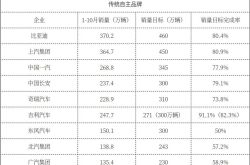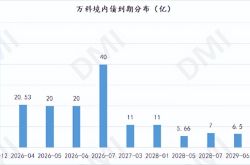15% Commission! Apple and Tencent Strike a 'Historic Deal'—Will Mini Programs Soar to Even Greater Heights?
![]() 11/17 2025
11/17 2025
![]() 520
520
A Mutual Benefit for Apple and Tencent.
After over a year of intense negotiations, Apple and Tencent have finally reached a 'historic deal'.
Apple has officially rolled out the App Store Mini Program Partner Program. This program will handle all iOS/iPadOS app Mini Program payments, including purchases of virtual content like games, and will charge a 15% commission. This rate is a significant reduction from the previous 30% commission that Apple typically imposed.
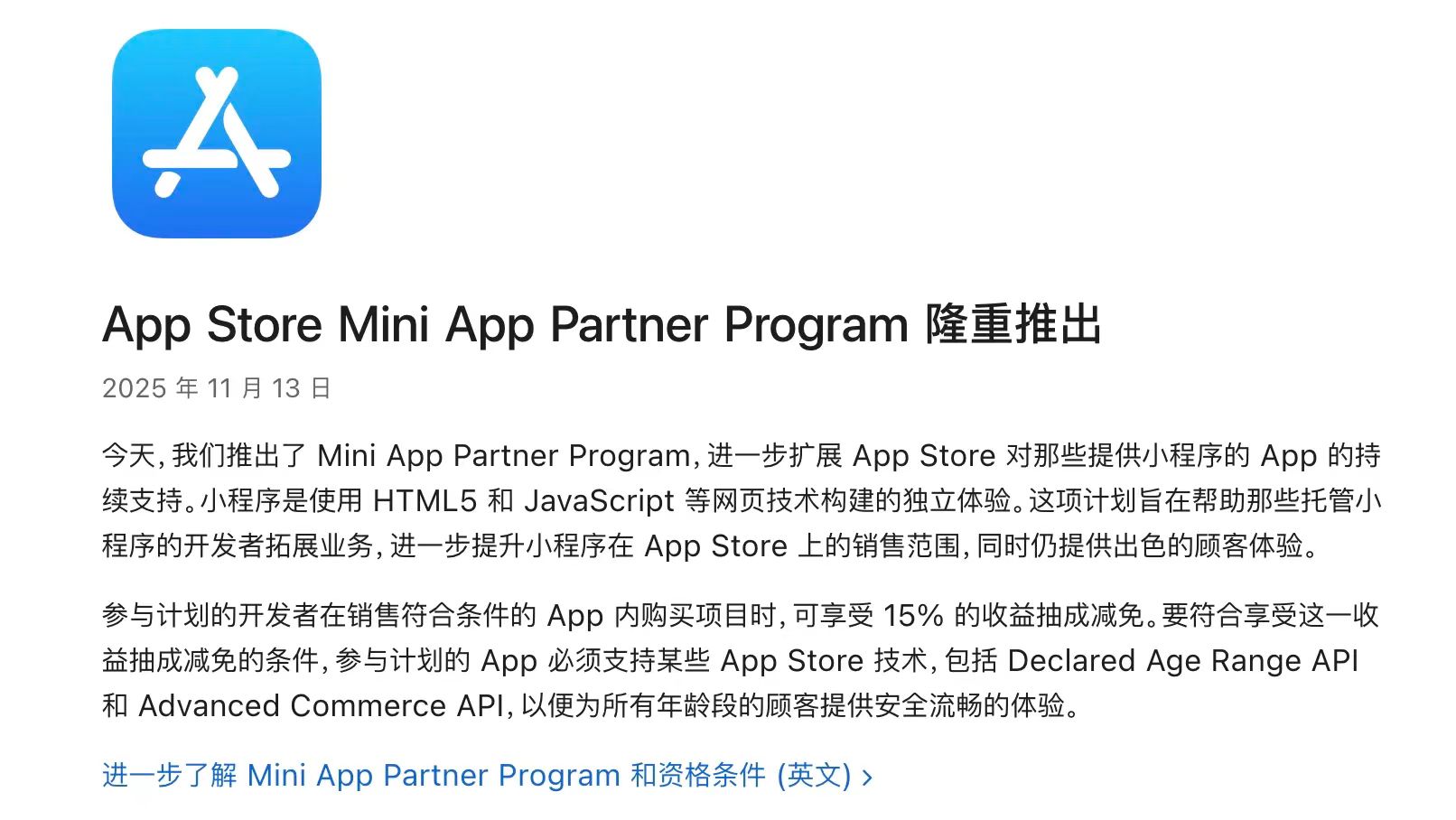
(Image Source: Apple)
WeChat has officially responded, stating that it will integrate Apple's virtual payment system for Mini Programs/Mini Games on iOS. 'We are delighted with Apple's support for Mini Program and Mini Game developers and commend the launch of the 'Mini Program Partner Program.' We will promptly offer developers access services to jointly foster a healthy and thriving ecosystem,' WeChat said.
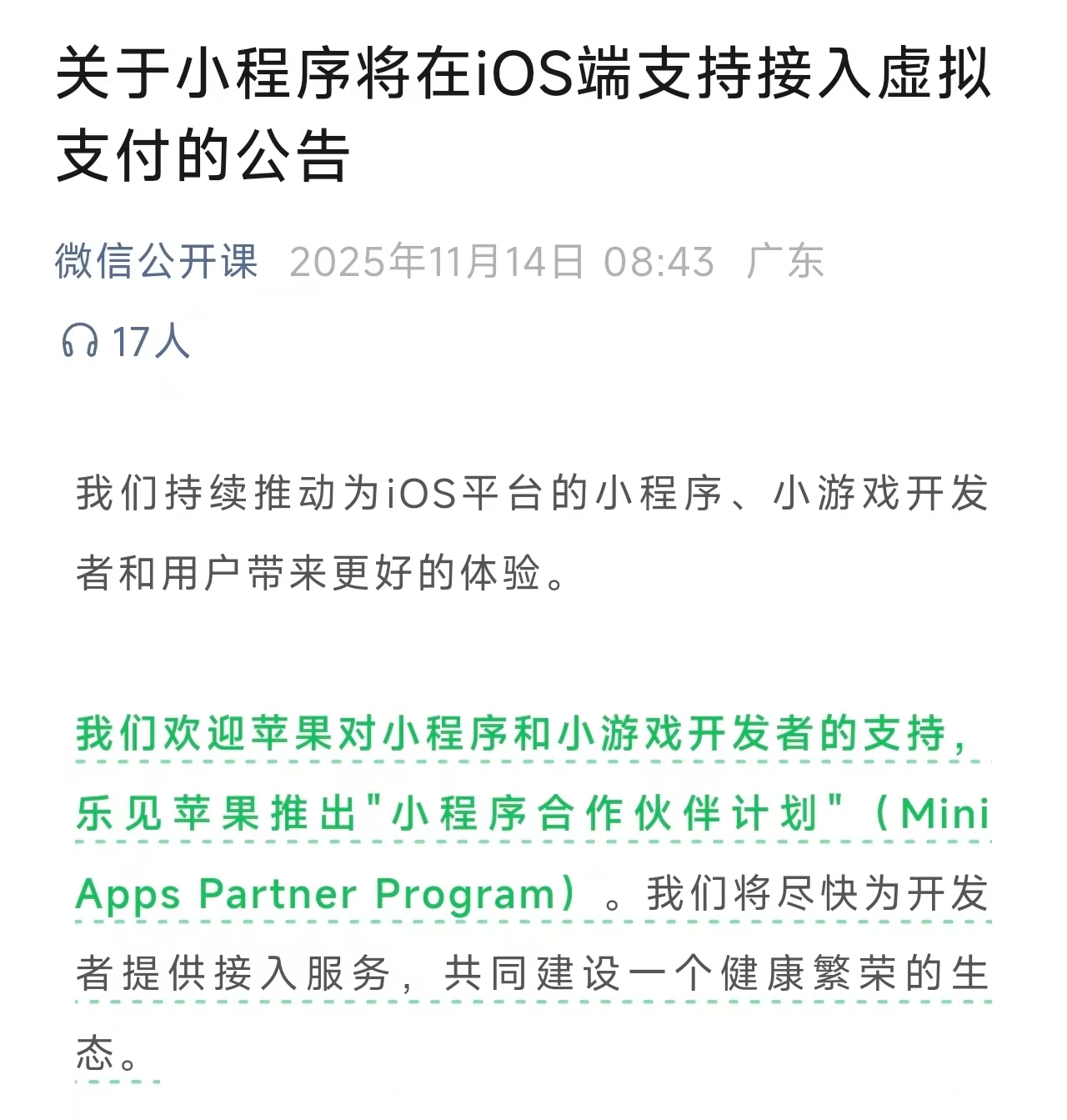
(Image Source: WeChat Official)
The series of conflicts between Apple and Tencent over in-app purchase commissions, which added to earlier disputes and resolutions over 'commission on WeChat user tips,' has been long-drawn-out.
In January 2016, WeChat's development team announced the impending launch of 'Application Accounts'—a lighter version of apps—following 'Subscription Accounts' and 'Service Accounts.' In September of the same year, WeChat's 'Application Accounts' were rebranded as 'Mini Programs' and entered beta testing. In January 2017, WeChat officially launched the 'Mini Programs' feature.
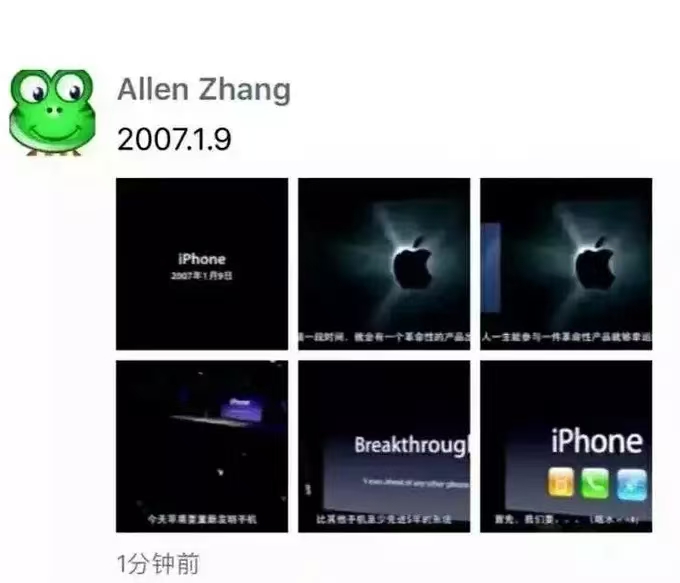
On January 9, 2017, WeChat Mini Programs were officially launched, with Zhang Xiaolong 'paying homage' to Apple's release of the first iPhone a decade earlier.
Since every update to the WeChat iOS app requires approval from Apple's App Store, Apple implicitly gave the green light to the launch of this 'app-within-an-app' functionality.
However, shortly after WeChat Mini Programs were launched, Tencent publicly revealed a dispute with Apple over in-app purchase commissions. At that time, the conflict was not centered on Mini Programs but on the tipping feature in public accounts.
Originally, Apple's updated iOS developer agreement in June 2016 imposed stricter rules on in-app purchases (IAP): 'iOS apps must not include buttons, external links, or other calls to action that direct customers to non-IAP mechanisms for making purchases.'
Apple's new policy led to WeChat's 'Regretful Announcement' in April 2017: 'Effective immediately, the tipping feature on the iOS version of WeChat's public platform will be disabled. The tipping feature on Android and other versions remains unaffected. After extensive discussions with Apple, we have adjusted the tipping feature on iOS.'
This announcement triggered widespread backlash. If Apple was demanding a 30% commission even on 'tips for authors,' would more 'outrageous' demands follow?
Many domestic users expressed outrage over the 'Apple Tax,' a sentiment that still lingers today. Public debates, such as 'Would you still use an iPhone if WeChat were removed?' or 'Choose between Apple and WeChat,' put Apple in a tough spot.
Facing intense public criticism, Apple revised its review guidelines in September 2017. The updated App Store Review Guidelines exempted voluntary user-to-user tipping from the IAP mechanism, allowing authors to receive 100% of tips on WeChat articles without Apple or Tencent taking a commission. In June 2018, WeChat reinstated the tipping feature on iOS.
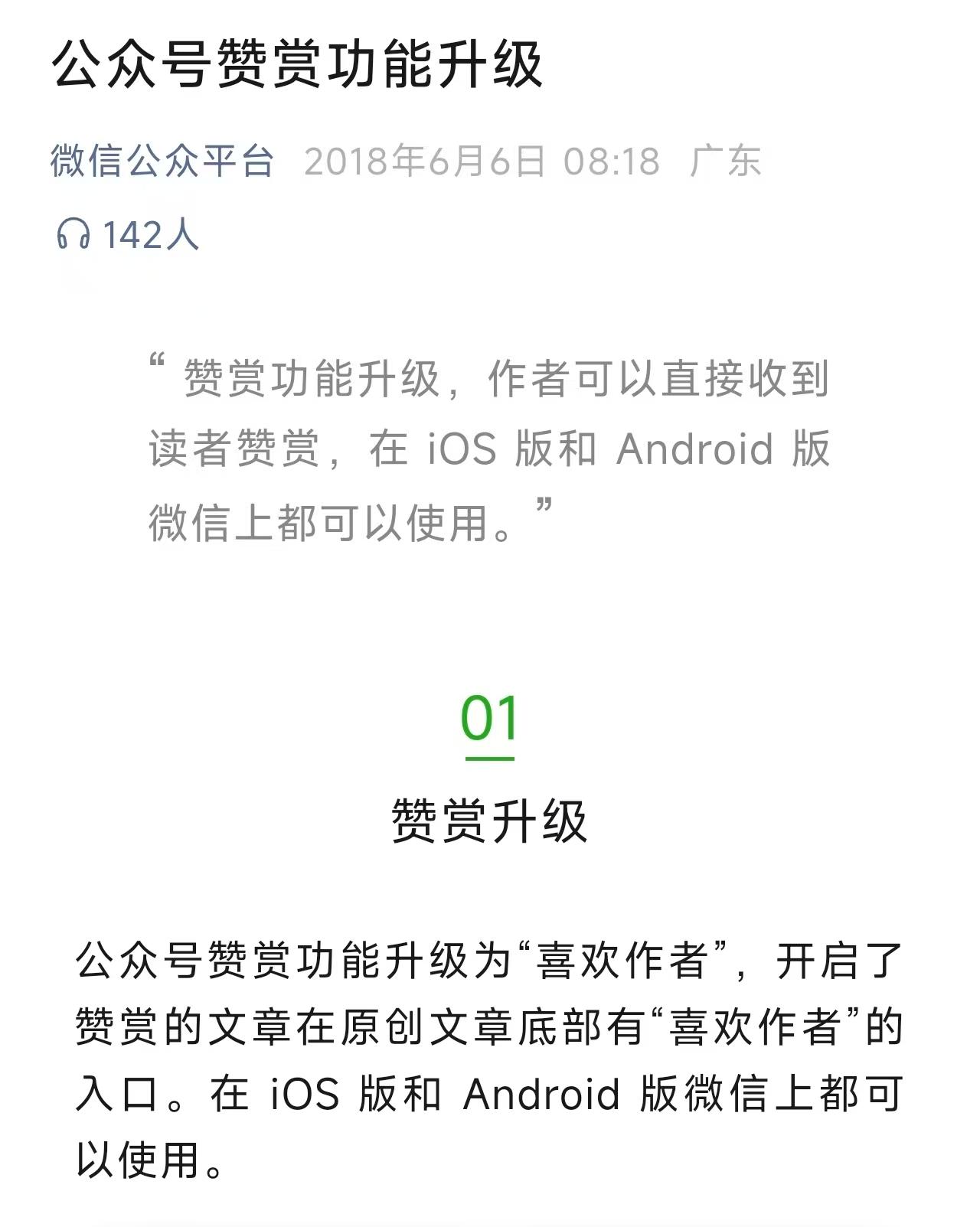
(Image Source: WeChat Official)
In the following years, while Tencent and Apple steered clear of new 'public' clashes over in-app purchase commissions, 'behind-the-scenes battles' between the two platforms continued. Meanwhile, the WeChat Mini Program and Mini Game ecosystem flourished, with market revenue growing increasingly substantial.
By 2024 or earlier, Tencent and Apple had commenced 'final negotiations' for the future development of this market.
Now, WeChat Mini Programs/Mini Games have 'officially' joined Apple's virtual payment system, establishing a new revenue split: '15% for Apple, 0% for Tencent, and 85% for Mini Program/Mini Game developers.' This marks a 'phased' end to the nearly decade-long 'tussle' between Tencent and Apple.
15% Commission: A 'Win-Win' Scenario for Apple and Tencent
In recent years, the balance of power in revenue split negotiations has gradually tilted toward third-party developers rather than Apple.
Apple did not limit itself to the app market; in 2020, it introduced the system-level 'App Clips' feature to gain a foothold. However, years later, Apple's own 'App Clips' have seen a decline in presence and user engagement.
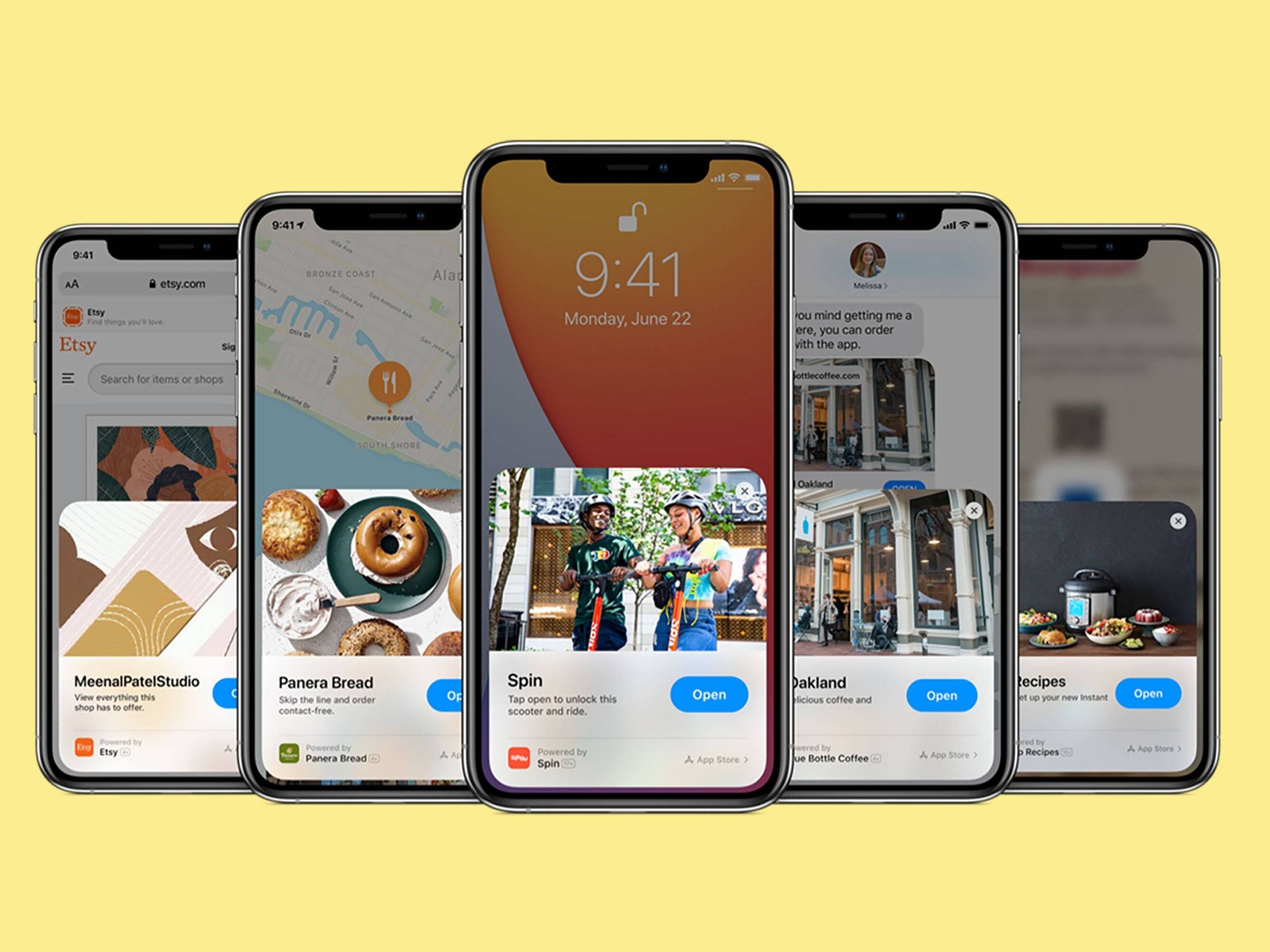
(Image Source: Apple)
On the other hand, according to the '2024 China Mobile Game Advertising and Marketing Report,' the 2024 market size for Mini Games reached approximately 39.836 billion yuan, marking a year-over-year increase of 99.18%. 'Mini Game revenue has sustained rapid growth for three consecutive years, with in-app purchase revenue rising annually.'
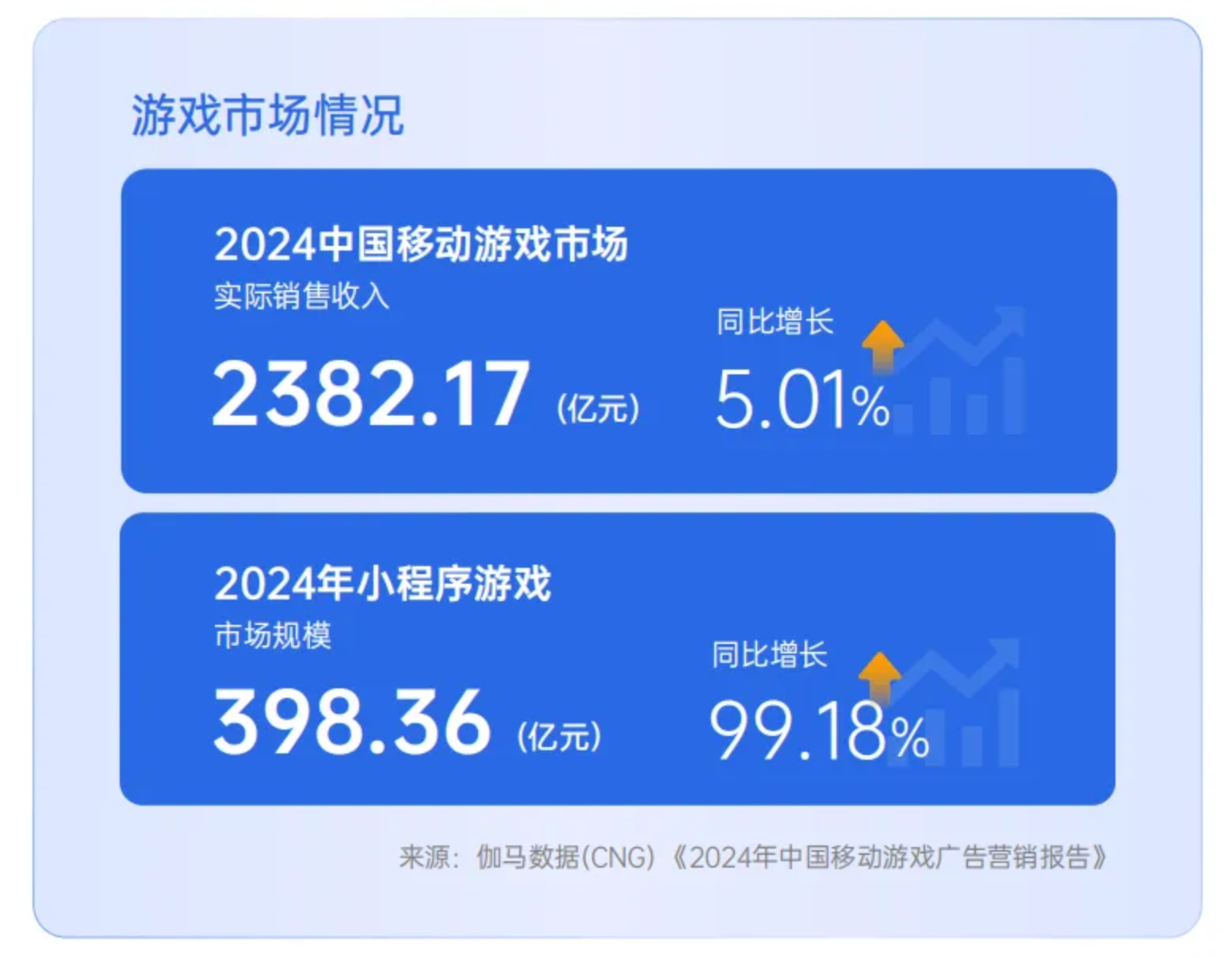
(Chart Source: Gamma Data)
Currently, the WeChat Mini Program and Mini Game market mainly rely on advertising revenue. If Apple's virtual payment system is integrated, paid features for Mini Games and light apps—or even fully paid Mini Games and light apps—could become widely available.
Given these circumstances, both Apple and Tencent have reasons to expand the WeChat Mini Program and Mini Game 'market share.' The key question remains: What should Apple's commission rate be for WeChat Mini Programs and Mini Games after integrating its virtual payment system?
In recent years, Apple has gradually tweaked its commission structure within acceptable bounds. For instance, Apple reduced its commission from 30% to 15% for app subscription renewals starting the second year on iPhone/iPad devices. Additionally, Apple introduced a 15% commission rate for small and medium-sized developers: if a developer (or company) earned no more than $1 million in total revenue on Apple's platform the previous year, Apple would apply this reduced rate.
Clearly, Apple's current 'minimum acceptable' commission rate is 15%. While maintaining a 30% commission for in-app purchases, Apple's decision to charge only 15% for Mini Programs/Mini Games on platforms like WeChat may represent its maximum compromise.
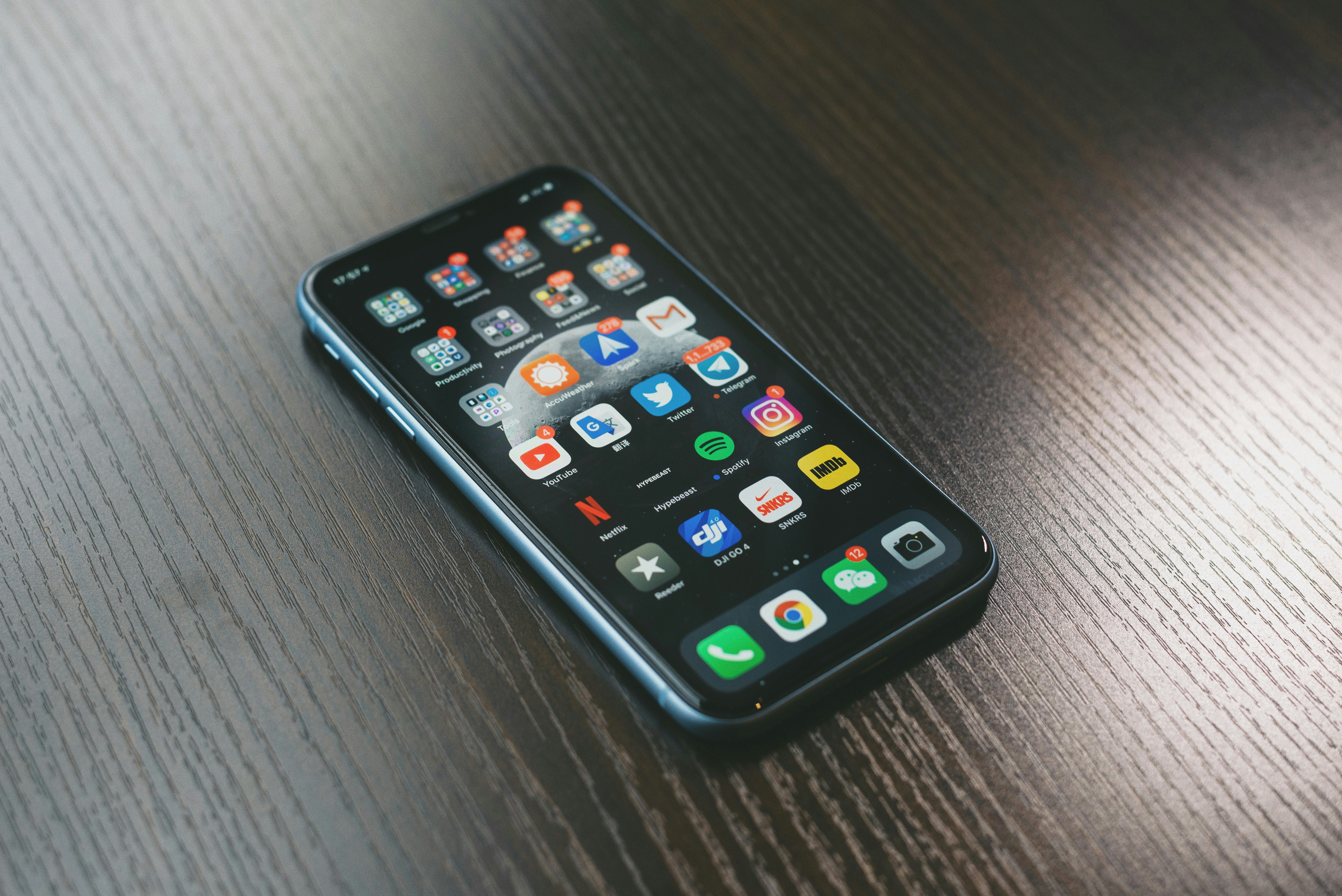
(Image Source: Unsplash)
For Tencent, since launching WeChat Mini Programs and Mini Games, it has maintained a 0% commission strategy on iOS due to ongoing disputes with Apple, positioning itself favorably in terms of 'public perception' and user support.
Although Apple now takes a 15% commission, Tencent's rate remains unchanged at 0%. The 'most impacted' parties are now Mini Program/Mini Game developers on WeChat's iOS version, whose revenue share has decreased from 100% to 85%.
With Apple's endorsement and support, the full commercialization of WeChat Mini Programs and Mini Games has overcome its final obstacle. Apple has formally acknowledged and embraced the light app and Mini Game ecosystem built on third-party app platforms at the application ecosystem level.
Looking ahead, Apple—having 'backtracked'—is unlikely to obstruct or interfere with the rapid growth of the Mini Program and Mini Game market.
It is worth mentioning that Tencent already charges commissions on virtual purchases in Mini Programs and Mini Games on Android: 40% for regular Mini Games, 30% for creative Mini Games, and 20% for Mini Programs. Thus, it is plausible that Tencent may introduce similar revenue splits for iOS in the future.
Apple-Tencent Historic Deal: Mini Programs Usher in a New Era
As is widely recognized, Apple device users demonstrate unparalleled purchasing power, especially for virtual content consumption.
Apple and Tencent's 'historic deal' marks a significant milestone for the Mini Program and Mini Game industry.
On one hand, the iOS market for WeChat Mini Games and Mini Programs—the largest segment—will enter a new era of 'full compliance' and 'full commercialization.'
For users, Mini Games and Mini Programs integrated into Apple's App Store review mechanism will adhere to stricter standards regarding virtual content refunds, security, and age-appropriateness.
On the other hand, the revenue split mechanism jointly established by Apple and Tencent for Mini Programs and Mini Games will set a new, more standardized benchmark for other super app platforms (e.g., Alipay) operating on iOS.
Nearly a decade has elapsed since WeChat announced the launch of Mini Programs. Now, with the 'full commercialization' of Mini Games and Mini Programs on Apple's iOS ecosystem, the industry across all platforms is poised for even greater growth opportunities.




